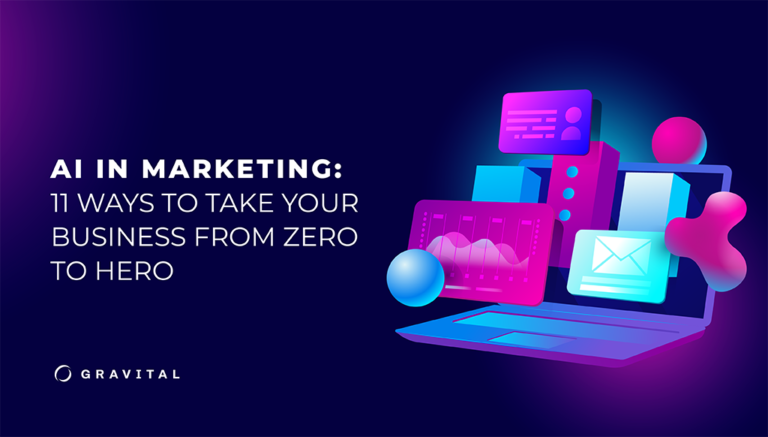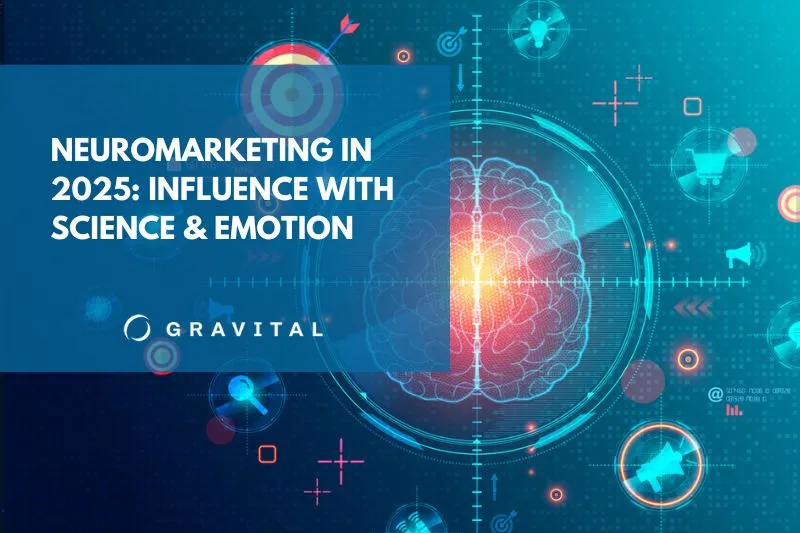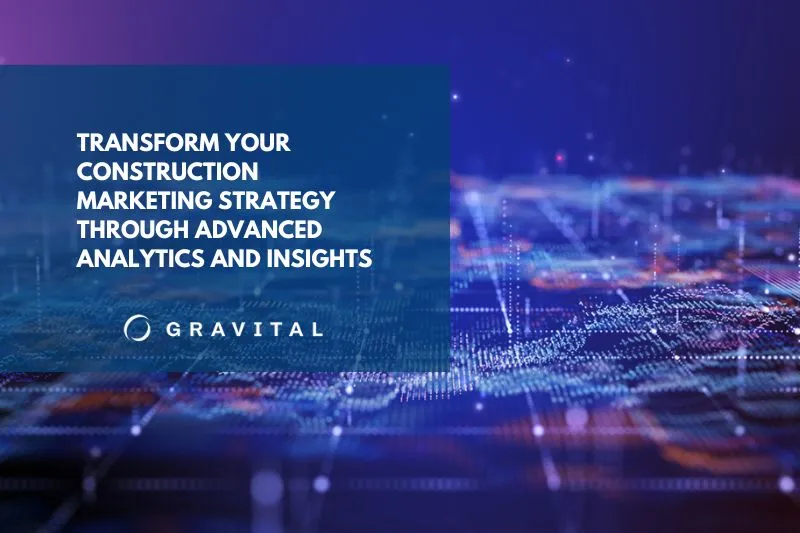Artificial intelligence (AI) has become an essential component in the marketer’s toolkit, transforming the way companies and brands market their products and services. With its potential to automate tasks, analyze data and enhance customer experiences, AI can help businesses make strategic marketing decisions with greater precision and accuracy.
Advantages of AI in Marketing
AI encompasses systems that mimic cognitive functions associated with the human mind, such as learning and problem-solving. Its application in marketing offers an array of benefits, from personalized communication to predictive analytics, helping brands target the right audience with the right message at the right time.
Using AI for Strategic Marketing Decisions
Following are 11 ways AI can help you run more successful marketing campaigns.
1.Customer Segmentation
AI can scrutinize large amounts of customer data, analyzing patterns in behavior, preferences and prior interactions. For instance, an AI algorithm can identify patterns of purchases, determining whether customers have a preference for eco-friendly products, luxury goods or budget-friendly items. Marketers then can use these insights to tailor promotional strategies for each group, increasing the effectiveness of marketing campaigns.
2.Predictive Analytics
AI has the ability to use historical data to predict future customer behavior. For instance, if a customer regularly purchases a particular product every month, AI can predict when the customer is likely to make the next purchase. This allows businesses to send timely reminders or offers to maximize sales opportunities.
3.Content Creation
Certain AI tools are capable of generating basic content such as social media posts and ad copy. For example, platforms like Phrasee can generate email subject lines, body text and calls-to-action that resonate with specific audiences, allowing marketers to focus their energies on other strategic aspects.
4.Personalized Experience
By analyzing customer behavior, AI can offer individualized product recommendations and create personalized experiences. Online retailers, for example, use AI to suggest products based on a customer’s browsing and purchasing history, increasing the likelihood of conversion.
READ ALSO: WHEN LEVERAGING ARTIFICIAL INTELLIGENCE: TRANSFORMING DIGITAL MARKETING


5.Chatbots
AI-powered chatbots can interact with customers in real-time, answering questions and providing product recommendations. Some brands use chatbots on their websites to offer advice to customers based on their preferences, greatly improving user experience and customer engagement.
6.Programmatic Advertising
AI streamlines the process of ad buying, placement and optimization. For instance, real-time bidding is an AI-driven process that allows ads to be purchased and displayed to the right audience within milliseconds, boosting the efficiency and effectiveness of digital ad campaigns.
7.Sentiment Analysis
AI can analyze online content, such as social media posts, reviews and comments, to gauge public sentiment about a brand or product. Negative sentiment can signal that marketing messages need to be adjusted, while positive sentiment can help identify what’s resonating with audiences.
8.A/B Testing
AI expedites the process of A/B testing, delivering quicker and more accurate results. An AI platform can test two versions of a webpage and quickly determine which version yields better conversion rates, helping to fine-tune marketing campaigns more precisely.
9.Email Marketing
AI can optimize email marketing campaigns by determining which types of emails yield higher open rates. It can analyze the success of different subject lines, the best time of day to send emails or what type of content resonates with specific audiences, among other things.


READ ALSO: THE POWER OF EMAIL MARKETING FOR B2B
10.Voice Search Optimization
As voice-controlled devices like Amazon’s Alexa become increasingly popular, AI helps optimize website content for voice search. It can analyze voice search queries to understand the natural language patterns used by customers, ensuring that a brand’s online content aligns with these trends.
11.Dynamic Pricing
AI can analyze factors such as customer demand, competitor pricing and market trends to adjust pricing strategies in real-time. For example, ride-sharing apps like Uber and Lyft use dynamic pricing to adjust ride fares based on current demand, maximizing profitability.
Bottom Line
With the enhanced application of AI in marketing, businesses are empowered to make data-driven decisions that optimize their marketing efforts, resulting in improved customer experiences, greater engagement and, in the end, increased conversion rates.
Would you like to know more? Gravital can help you leverage the power of AI to make strategic marketing decisions that will change the way you do marketing and what marketing does for you. Talk to us.


